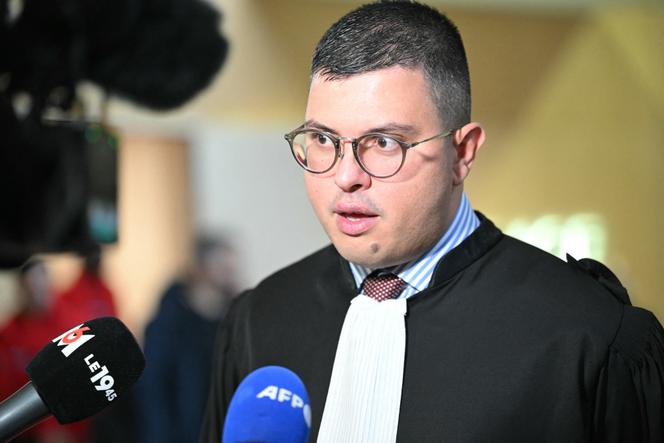


"I won't answer your question." Repeated dozens of times like a mantra, this phrase enabled Peter Cherif to get through the first week of his trial without giving any account of the charges against him, primarily his role in the recruitment by Al-Qaeda in the Arabian Peninsula (AQAP) of his friend Chérif Kouachi to carry out the attack against French satirical newspaper Charlie Hebdo in 2015.
On Tuesday, September 24, the Paris Special Criminal Court considered the second part of this trial: Cherif's involvement in guarding three French aid workers kidnapped in Yemen by AQAP, which he has always denied. Against all expectations, Cherif admitted to the facts.
On May 28, 2011, three French nationals working for the NGO Triangle Génération Humanitaire – which was carrying out irrigation projects in Yemen – were kidnapped and held for almost six months. After their release, they claimed that a "translator," whom they nicknamed "the Frenchman," had acted as their interpreter during their detention. The translator's face was masked by a scarf, but there were several indications that he could have been Cherif, who happened to be the only French member of AQAP in Yemen.
Amélie M., 45, is now a nursery assistant. She was the first of the three former hostages to testify. "I came to Yemen as an aid worker; it had been a life project since I was a teenager, because I had become aware very early on of the things that were wrong in the world," she began.
On her way home one day with her two French colleagues, the three aid workers were kidnapped by a group of armed men and taken to a "cave" in the middle of the desert. This marked the start of a long ordeal of deprivation, anguish and nights spent in chains.
"We weren't mistreated," she said. But the young woman suffered from not being able to send any sign of life to those close to her, and from the constant feeling of "being a commodity, of being nothing."
"What can you tell us about the translator?" the presiding judge, Frédérique Aline, asked her. "I had the joy of hearing his words at the hearing yesterday and I had the feeling that it was clearly this voice that was present during my captivity," replied the former prisoner.
The president then turns to the accused: "Madame M. refers to you today as that voice. Do you wish to respond?" Cherif had spent most of his trial exercising his right to silence and everyone expected this to continue. But, in a barely audible voice, he said, "I am this translator." Then he went into a long monologue: "Her testimony is consistent with what I experienced. Nevertheless, the role I had was not simply what she perceived it to be. I was the translator, but I wasn't aware that aid workers had been kidnapped. I was called by the sheikh responsible for their abduction and he asked me to translate and stay with them to meet the needs of their captivity. I had my back up against the wall... Despite my ideology at the time, my conscience forbade me to harm them. I was very ashamed by what I was being asked to do."
You have 42.96% of this article left to read. The rest is for subscribers only.
